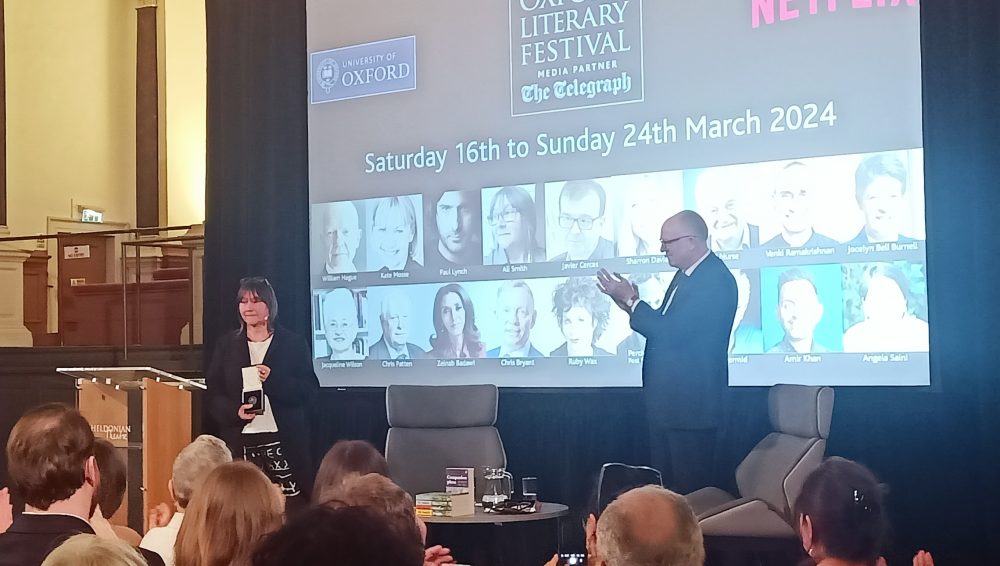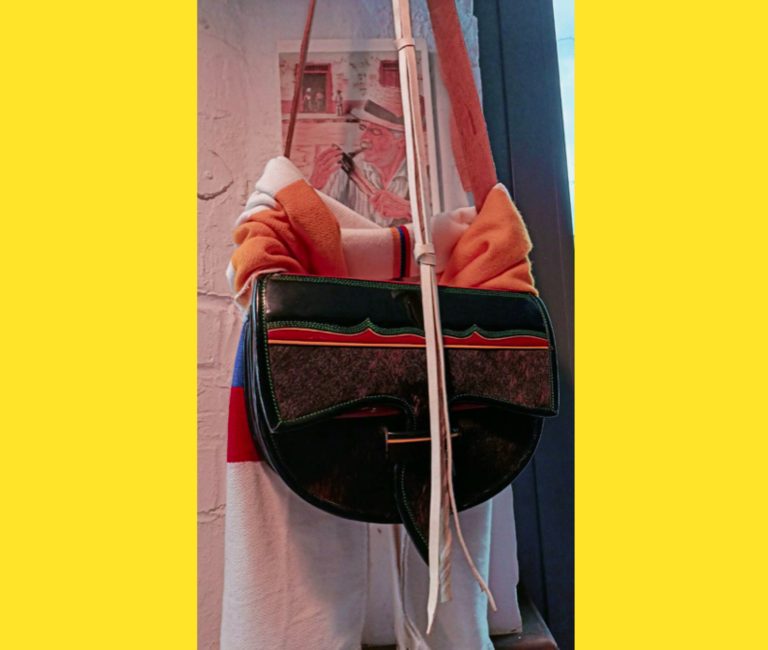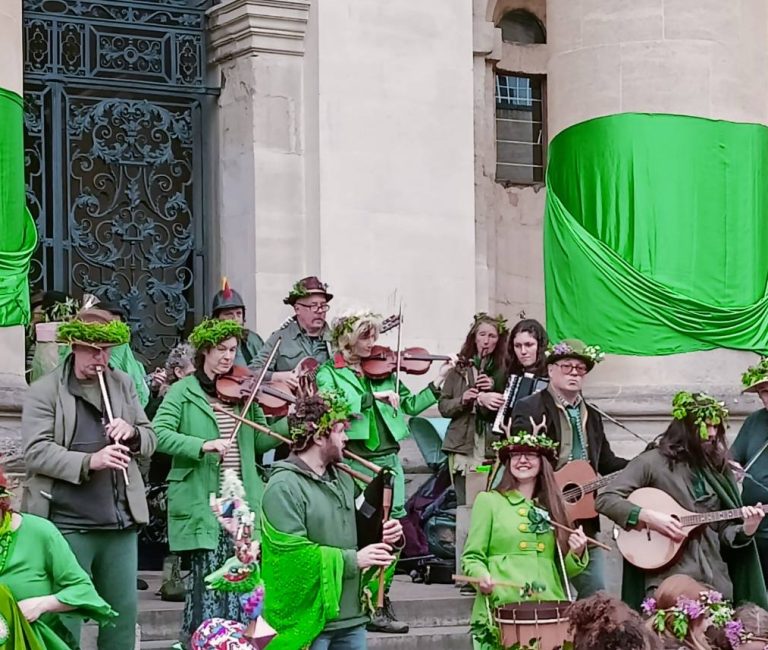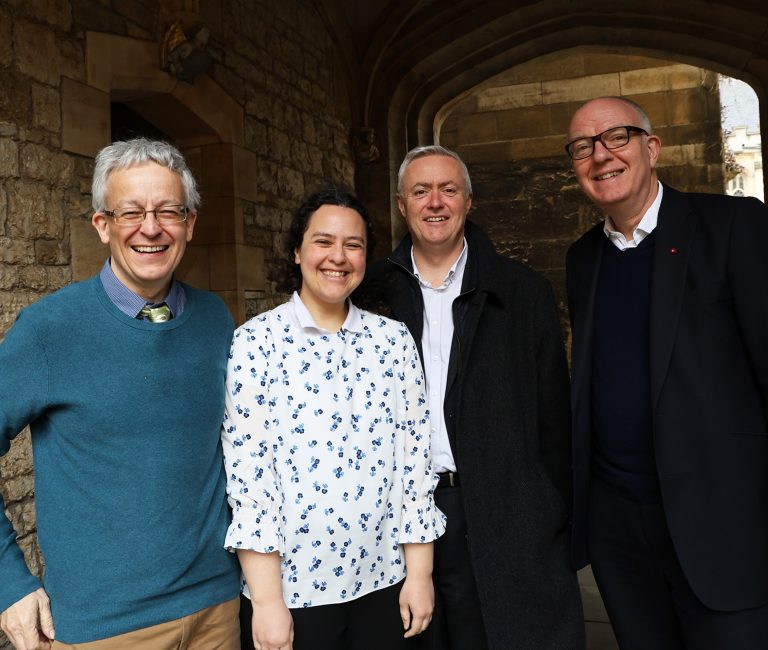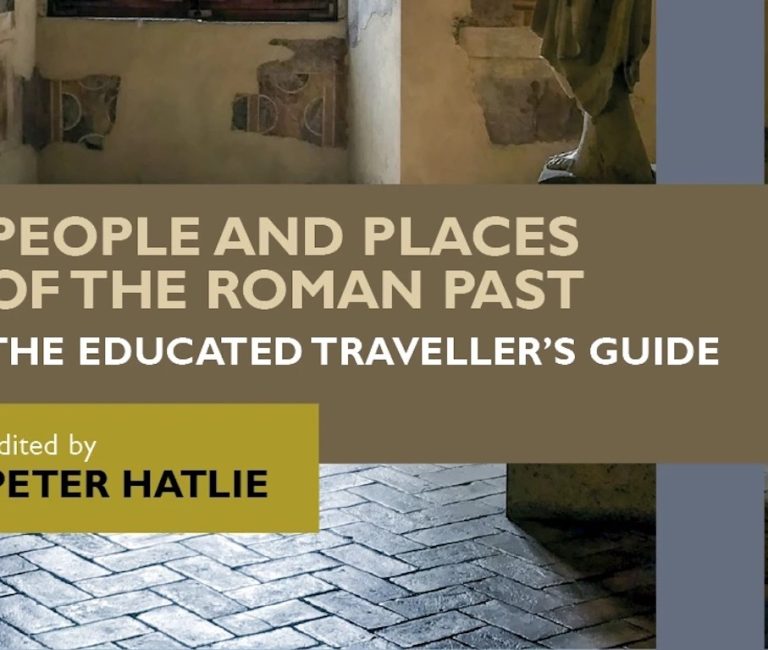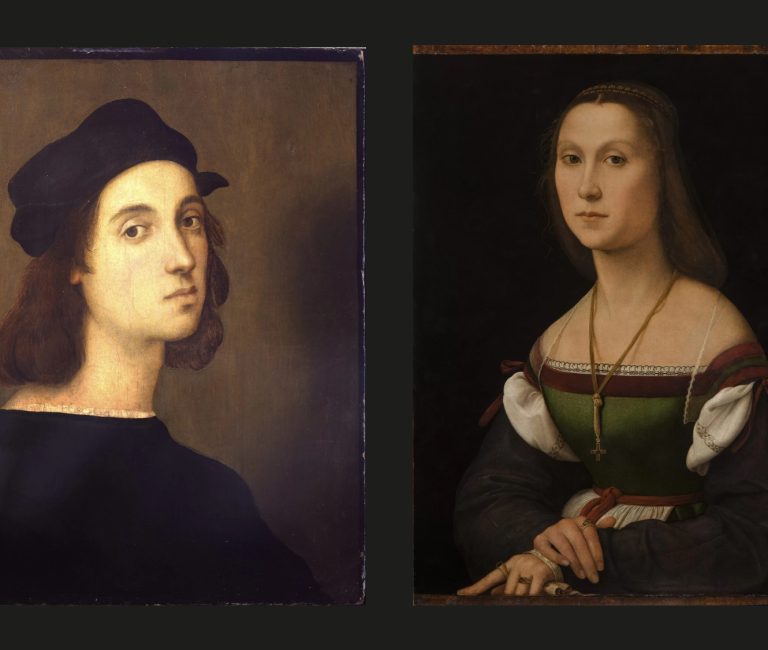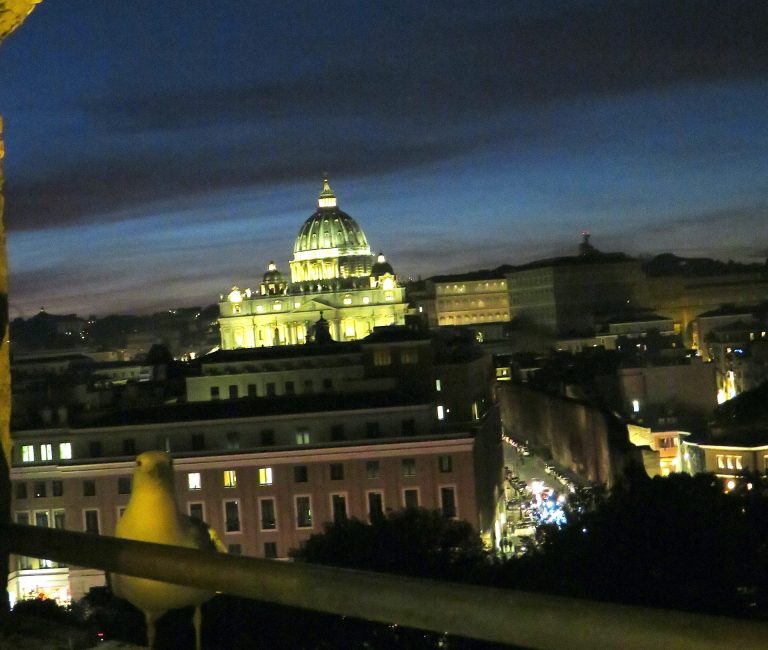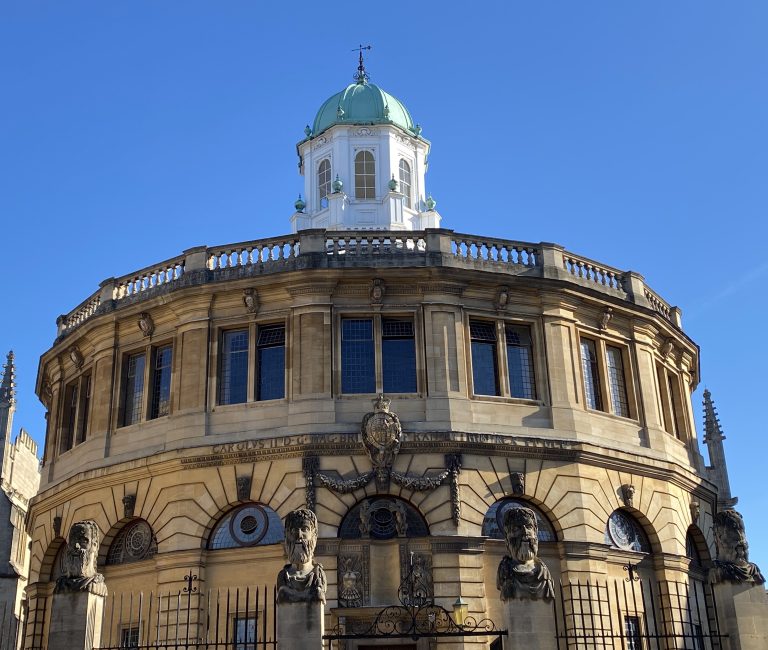Ali Smith smiles and looks with friendly eyes about the space of the Sheldonian theatre in Oxford. It is the 2024 Oxford Literary Festival’s Award of the Bodley Medal and the bright sparkle of a week of lectures and thought fills the air. She has just been introduced to the audience by Richard Ovenden, the 25th librarian of the Bodleian Library. She decides she wants direct audience participation. A paraphrase. “My new novel is an old story in the back of my head. It was inspired by Kafka. I am hoping that Oxford will bring its ending. “Hello!” Let me read some to you. Do you want me to stand up or sit down?”
She stands. And now there is further evidence: down to earth, grounded, Northern, Scottish, friendly, wanting to say hello. Her audience participation now revels in the Reveal. Themes emerge and strike well, are interpersonal: family, work, life, the inside and the out. The feeling and flow of this and that – mother, relationships, strangers, boys. The ways people are dressed. The elegance of elegant girls.


